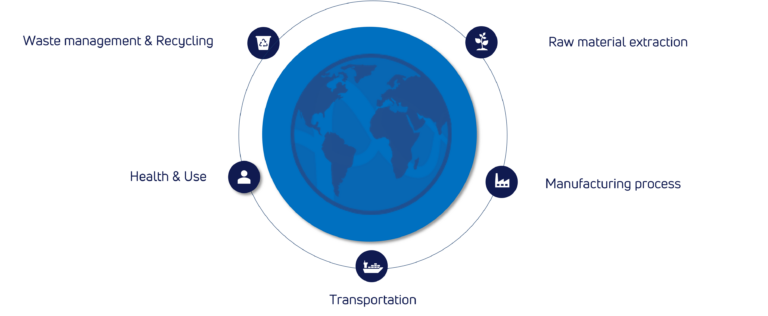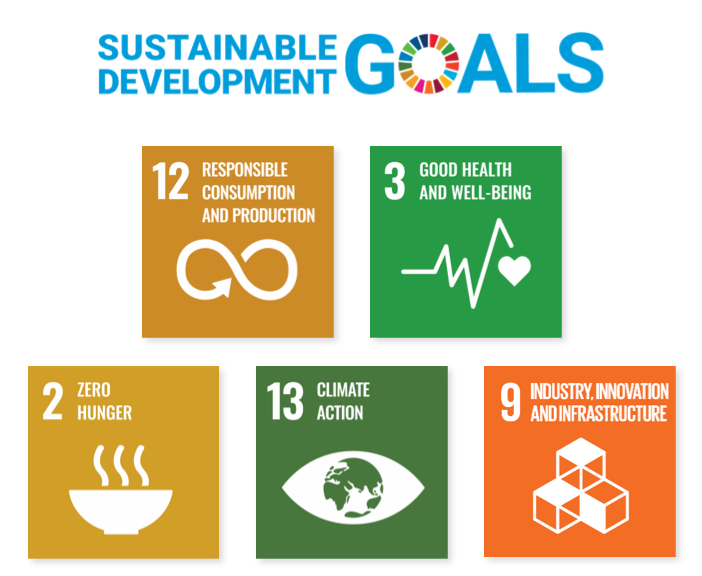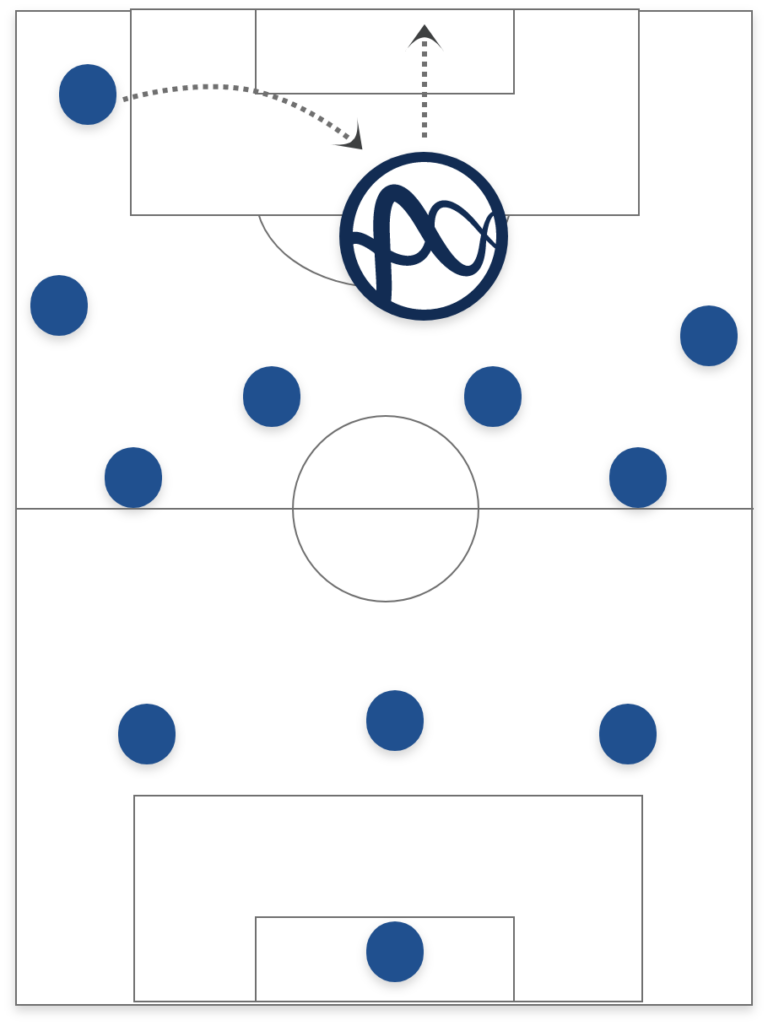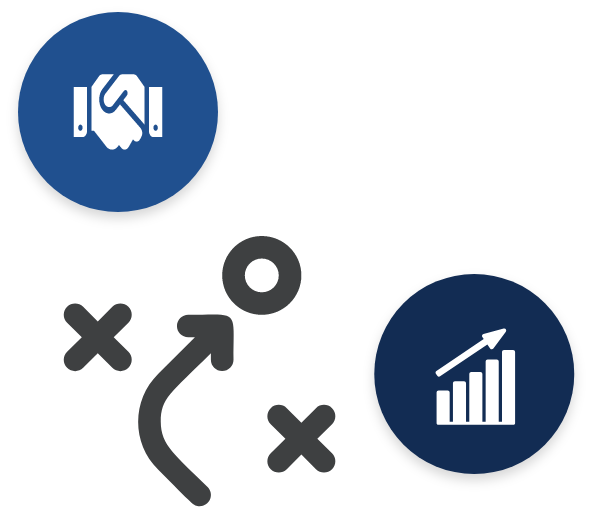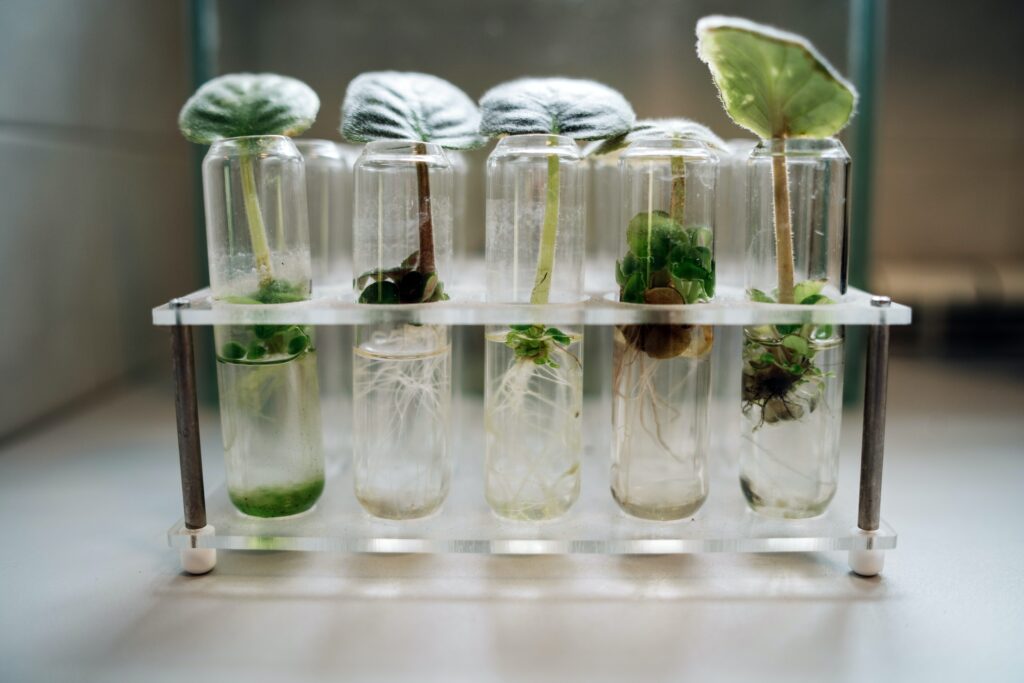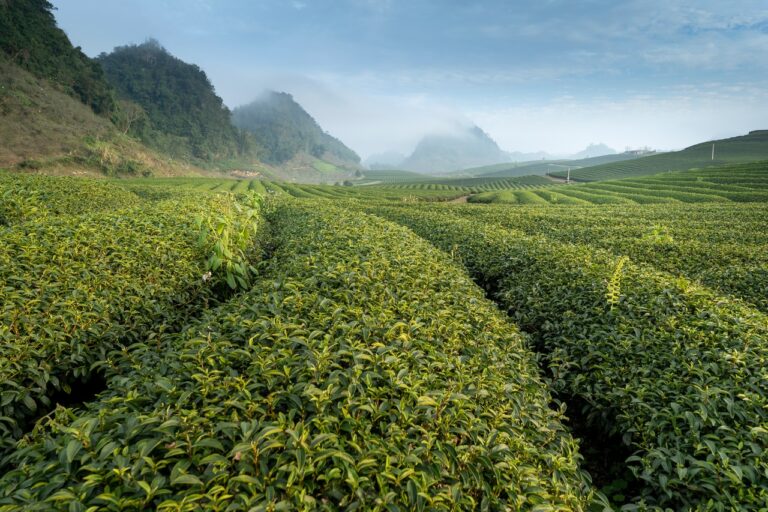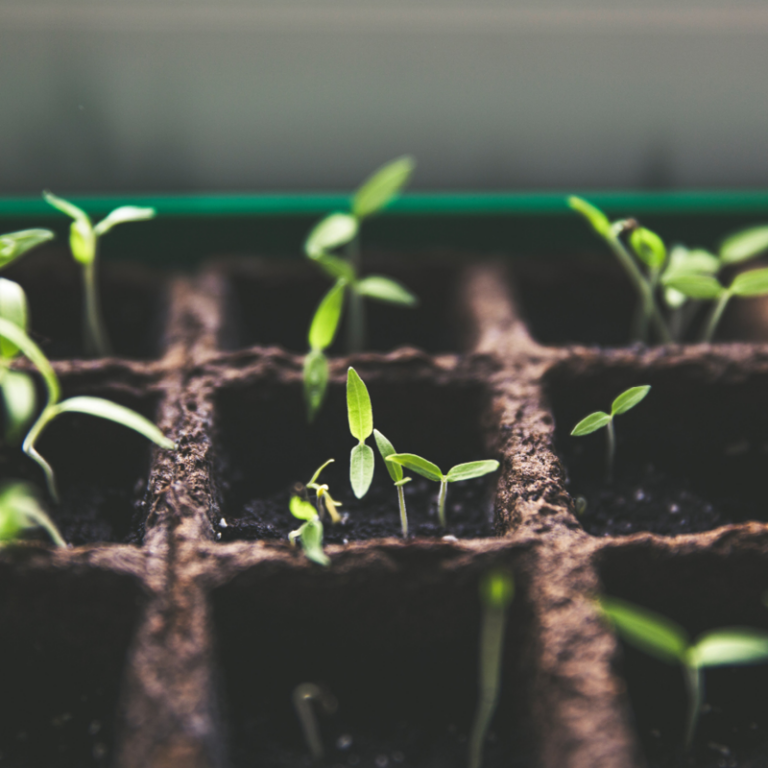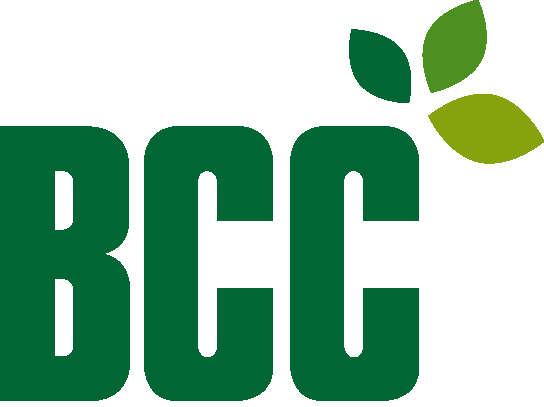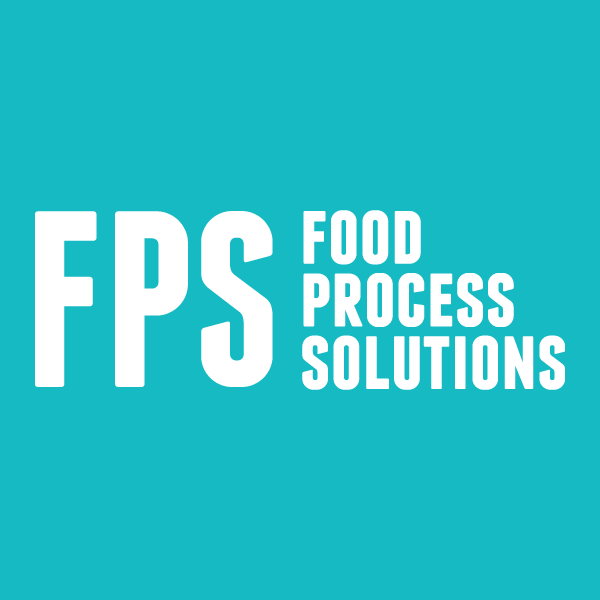Why invest in OptiCept Technologies?
Get involved in a sustainable investment!
OptiCept and its technology stand on three clear pillars. Sustainability, Customer Benefit, and Consumer Benefit. Sustainability is deeply rooted in all our processes.
Right now, we are in a very exciting phase, on the verge of several commercial breakthroughs. Join us on our journey from development to establishment!

